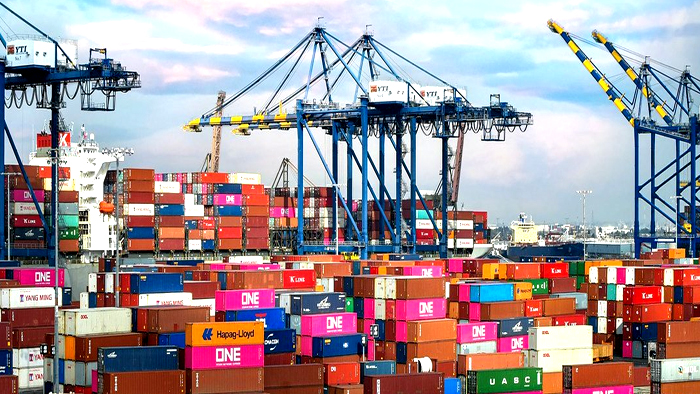UNCTAD says that economic gloom could hurt the growth of shipping around the world.

UNCTAD, a U.N. agency, said on Tuesday that economic turmoil, the conflict in Ukraine, and the effects of the pandemic will slow the pace of shipping around the world next year.
The biggest investment banks in the world think that the growth of the world economy will slow even more in 2023. This comes after a year that was shaken up by Russia’s invasion of Ukraine and rising inflation.
Shipping, which moves more than 80% of the world’s trade, will likely be affected by the slowdown, but tanker freight rates could stay high.
Related: PANDEMIC WILL BADLY EFFECT PAKISTAN, UN
The United Nations Conference on Trade and Development (UNCTAD) said in its Review of Maritime Transport for 2022 that global maritime trade growth would slow to 1.4% this year and stay at that level in 2023.
This is compared to a 3.8% drop in 2020 and a growth of 3.2% in 2021, with a total of 11 billion metric tonnes of goods shipped.
UNCTAD predicts that growth will average 2.1% per year from 2023 to 2027. This is slower than the previous three-decade average of 3.3%, and “downside risks are weighing heavily on this forecast,” it said.
“The war in Ukraine, the continued grip of the pandemic, lingering supply-chain constraints, China’s cooling economy and zero-COVID policy, inflationary pressures, and the cost-of-living squeeze are now putting the recovery in maritime transport and logistics at risk,” UNCTAD said in the report.
In 2021, more money was spent by consumers, which pushed container shipping markets to all-time highs. Ports around the world were also backed up because of lockdowns.
UNCTAD said that the “logjam in logistics will be cleared up with the rebalancing of demand and supply forces,” but it also said that the risks of strikes in ports and transportation in the hinterland had gone up.
UNCTAD asked for investments in maritime supply chains so that ports, shipping fleets, and connections to the land could be better prepared for future global crises, climate change, and the switch to low-carbon energy.
Related: This year, Maersk thinks there will be less demand for shipping containers.
UNCTAD Secretary-General Rebeca Grynspan told reporters, “We need to be better prepared to deal with shocks to global value chains.”





